Big cats, encompassing species like lions, tigers, leopards, and cheetahs, are some of the most majestic creatures in the animal kingdom. Known for their strength, agility, and top predator status, these cats play a vital role in maintaining ecological balance. However, their population is consistently threatened by habitat loss, poaching, and human-wildlife conflict, raising the question of where they should be housed for the best chance of survival.
The Concept of Private Reserves
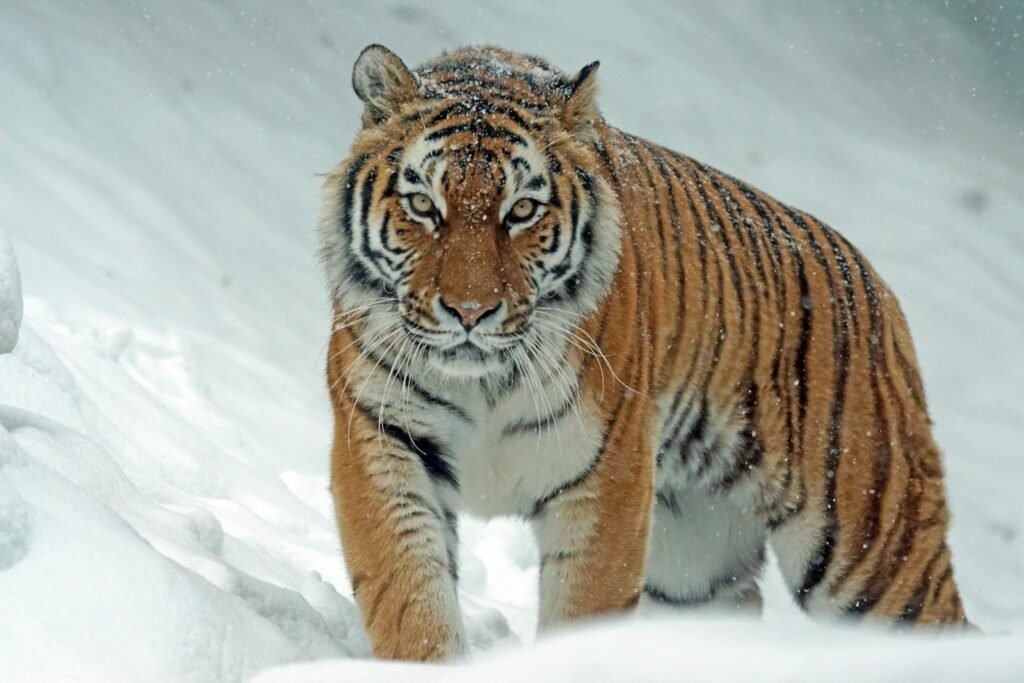
Private reserves are privately owned pieces of land designated for the conservation of wildlife. Unlike public conservation areas, these reserves are managed by private entities or individuals and often act outside the jurisdiction of national parks. They provide controlled environments intending to protect endangered species and restore natural habitats.
Conservation Efforts in Private Reserves
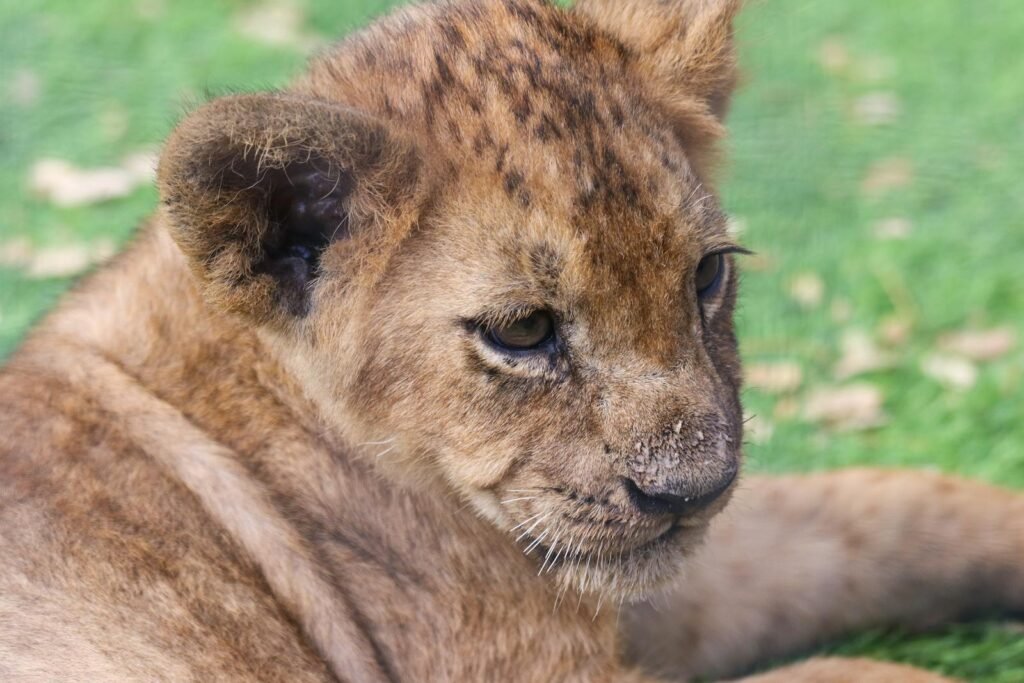
Private reserves can play a crucial role in conservation efforts by providing safe havens for big cats. Many of these reserves implement breeding programs and rewilding projects to increase population numbers and ensure genetic diversity. With adequate resources and management, private reserves can significantly alleviate the threats faced by big cats in the wild.
The Ethics of Keeping Big Cats in Confinement
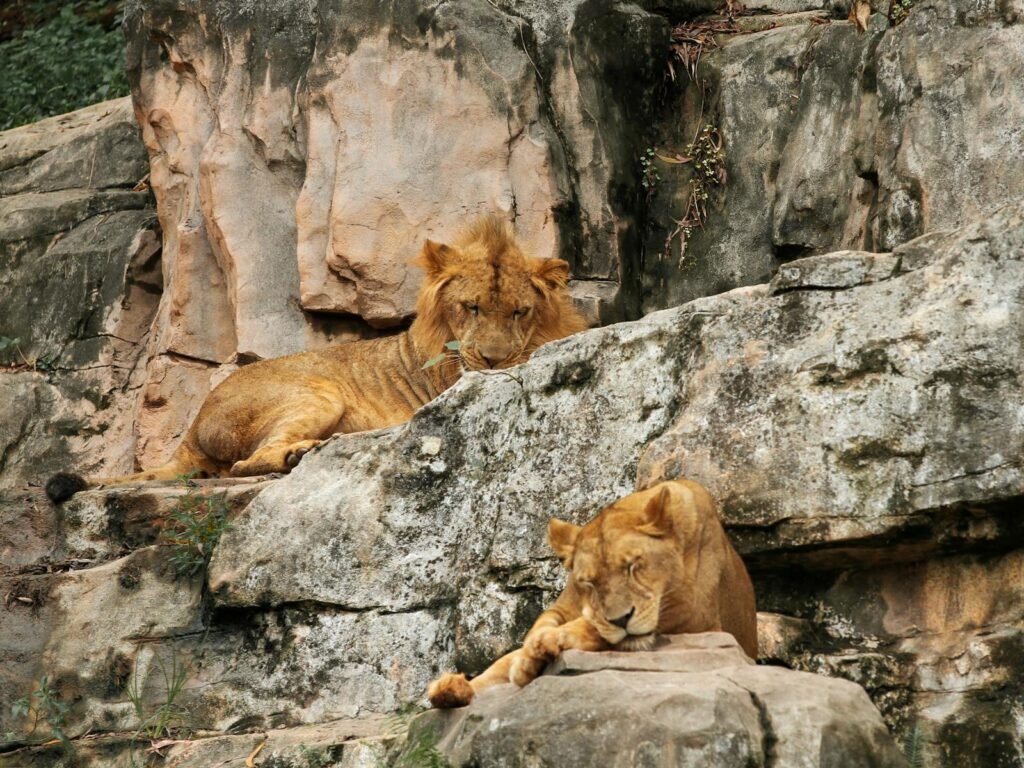
While private reserves offer safety, they also present ethical challenges. Big cats naturally roam vast territories, and confinement, even in large reserves, can lead to psychological stress and behavioral changes. Ethical considerations must address whether the potential benefits outweigh the moral implications of restricting these creatures to finite spaces.
The Role of Regulation and Oversight
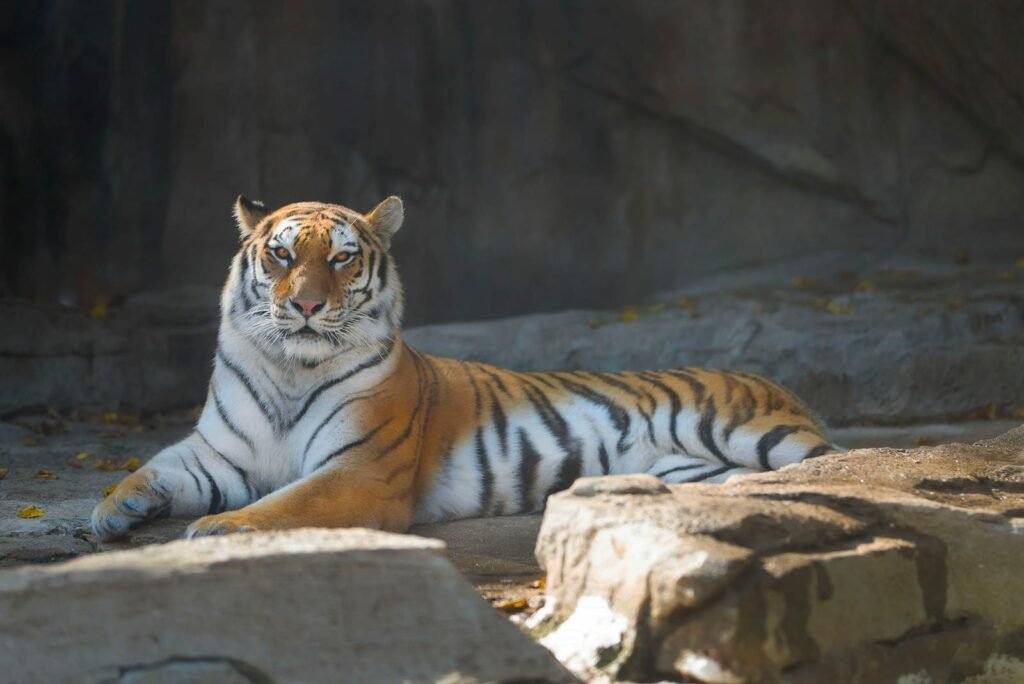
Regulation and oversight are essential in ensuring private reserves maintain high standards of care and conservation. Without adequate laws and regular inspections, there’s a risk of exploitation and substandard conditions. Effective governance can guarantee that private reserves remain dedicated to genuine conservation efforts.
Economic Implications
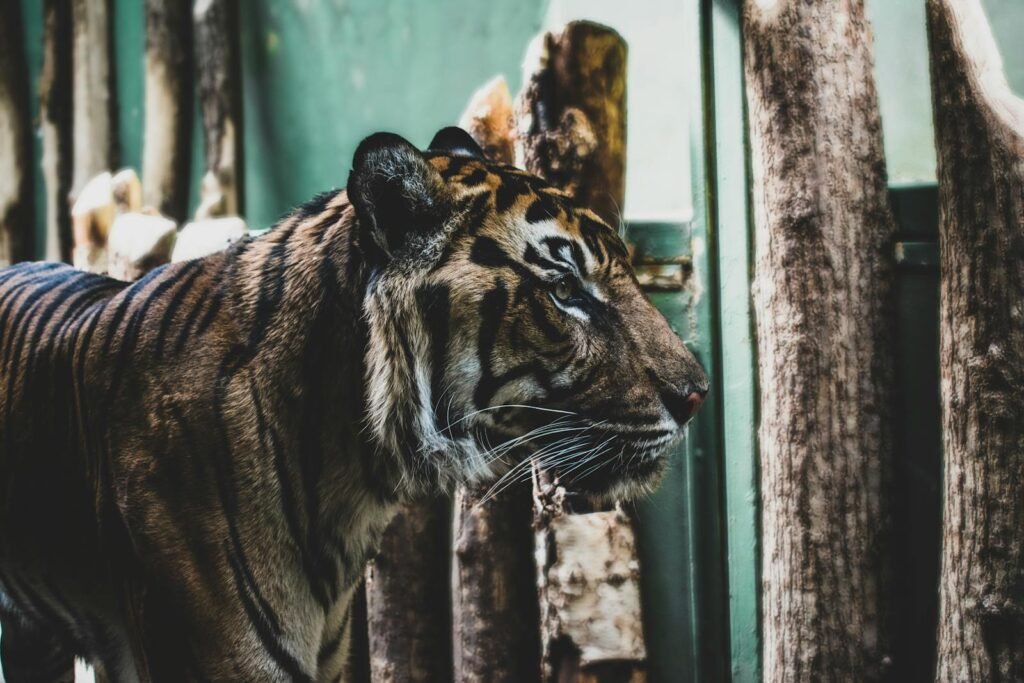
Private reserves often operate with support from tourism and philanthropy. While this can provide essential funds for maintenance and conservation programs, it also introduces the risk of prioritizing profit over animal welfare. Striking a balance between financial viability and ethical conservation is crucial for the sustainable management of these reserves.
Community Involvement and Education
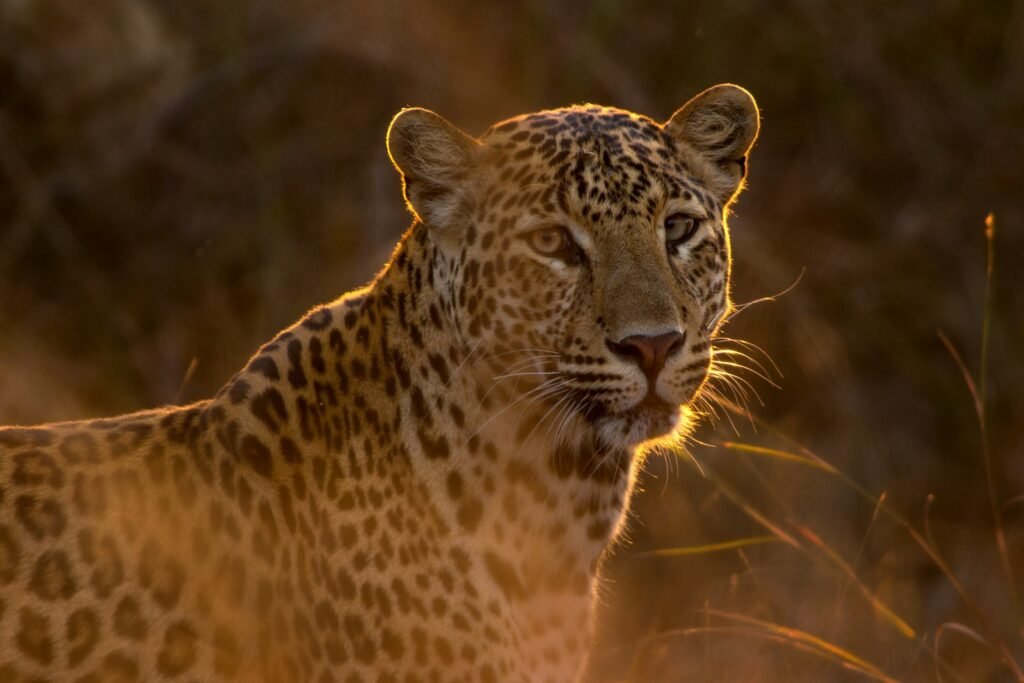
Involving local communities in conservation efforts can lead to better outcomes for big cats. Private reserves that engage and educate nearby residents about the importance of conservation not only foster local support but also help mitigate human-wildlife conflicts. Community-based programs can be instrumental in promoting coexistence and understanding.
The Importance of Habitat Restoration

Private reserves have the potential to aid in habitat restoration, which is indispensable for the survival of big cats. By gradually reintroducing lost flora and fauna, these reserves can recreate natural ecosystems that support a self-sustaining wildlife population. Habitat restoration is crucial not only for big cats but for the overall biodiversity of the region.
Scientific Research and Data Collection
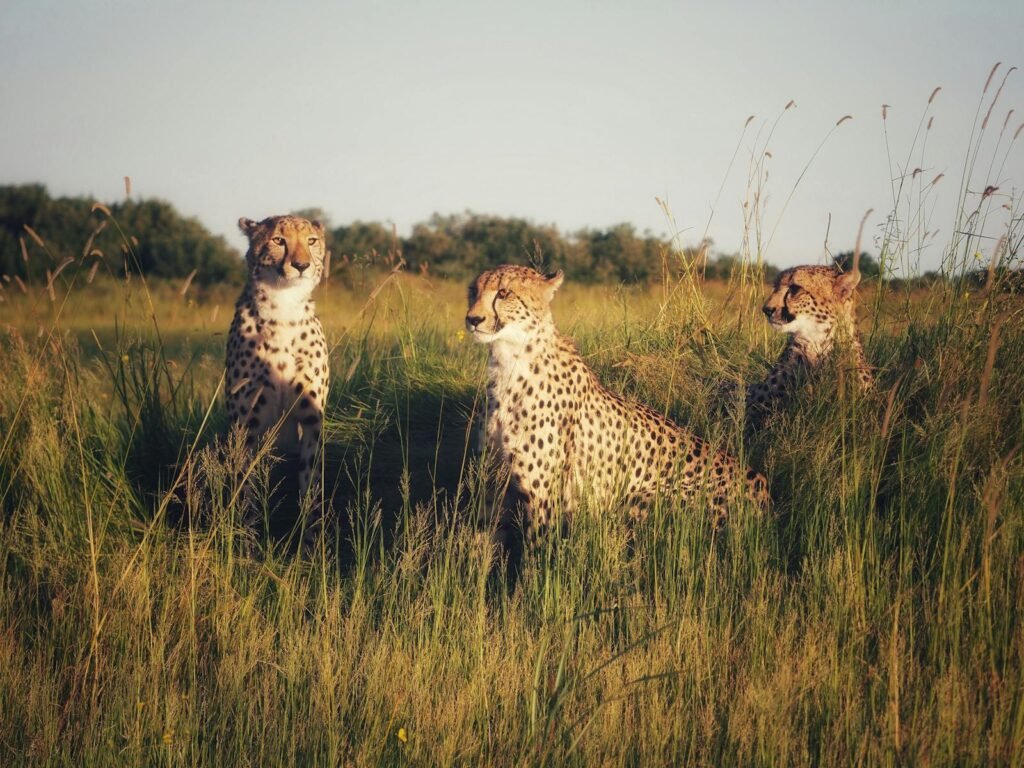
Private reserves can also serve as hubs for scientific research, providing opportunities to study big cats in a controlled environment. Research can focus on behavior, genetics, disease management, and ecological impact, all of which contribute valuable information for global conservation efforts.
Future Perspectives
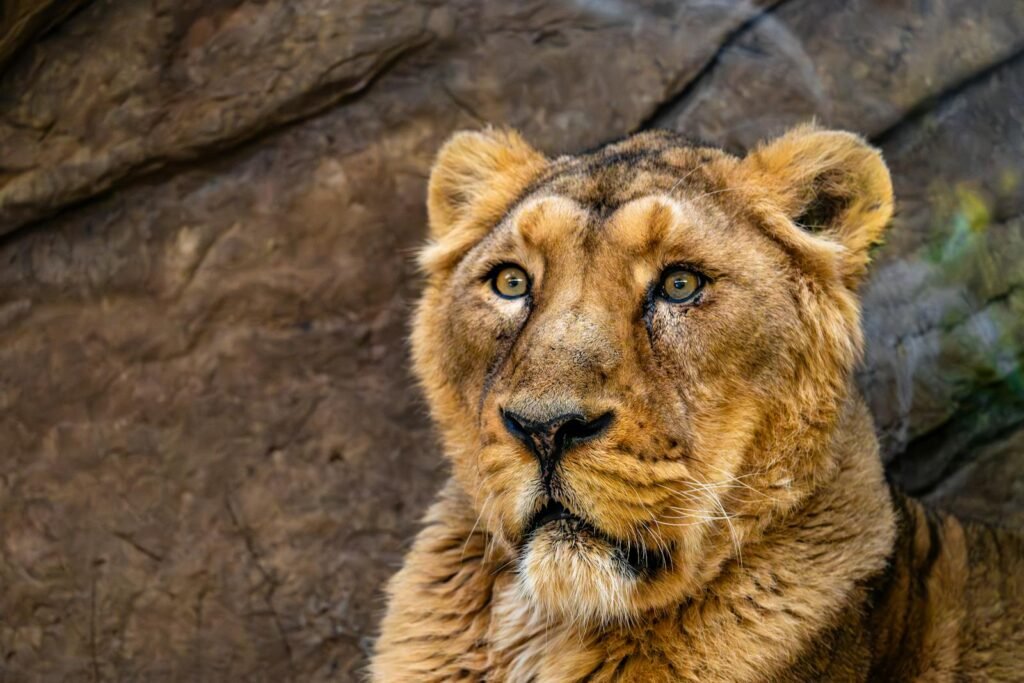
The future of big cats in private reserves will depend on our ability to address the challenges and maximize the benefits these sanctuaries offer. With advancing technologies and conservation strategies, there’s potential to enhance the quality of life for big cats within reserves while contributing to their overall survival. Continued dialogue among conservationists, policymakers, and the public is vital to finding the best solutions for these iconic species.
Hi, I’m Bola, a passionate writer and creative strategist with a knack for crafting compelling content that educates, inspires, and connects. Over the years, I’ve honed my skills across various writing fields, including content creation, copywriting, online course development, and video scriptwriting.
When I’m not at my desk, you’ll find me exploring new ideas, reading books, or brainstorming creative ways to solve challenges. I believe that words have the power to transform, and I’m here to help you leverage that power for success.
Thanks for stopping by, Keep coming to this website to checkout new articles form me. You’d always love it!






